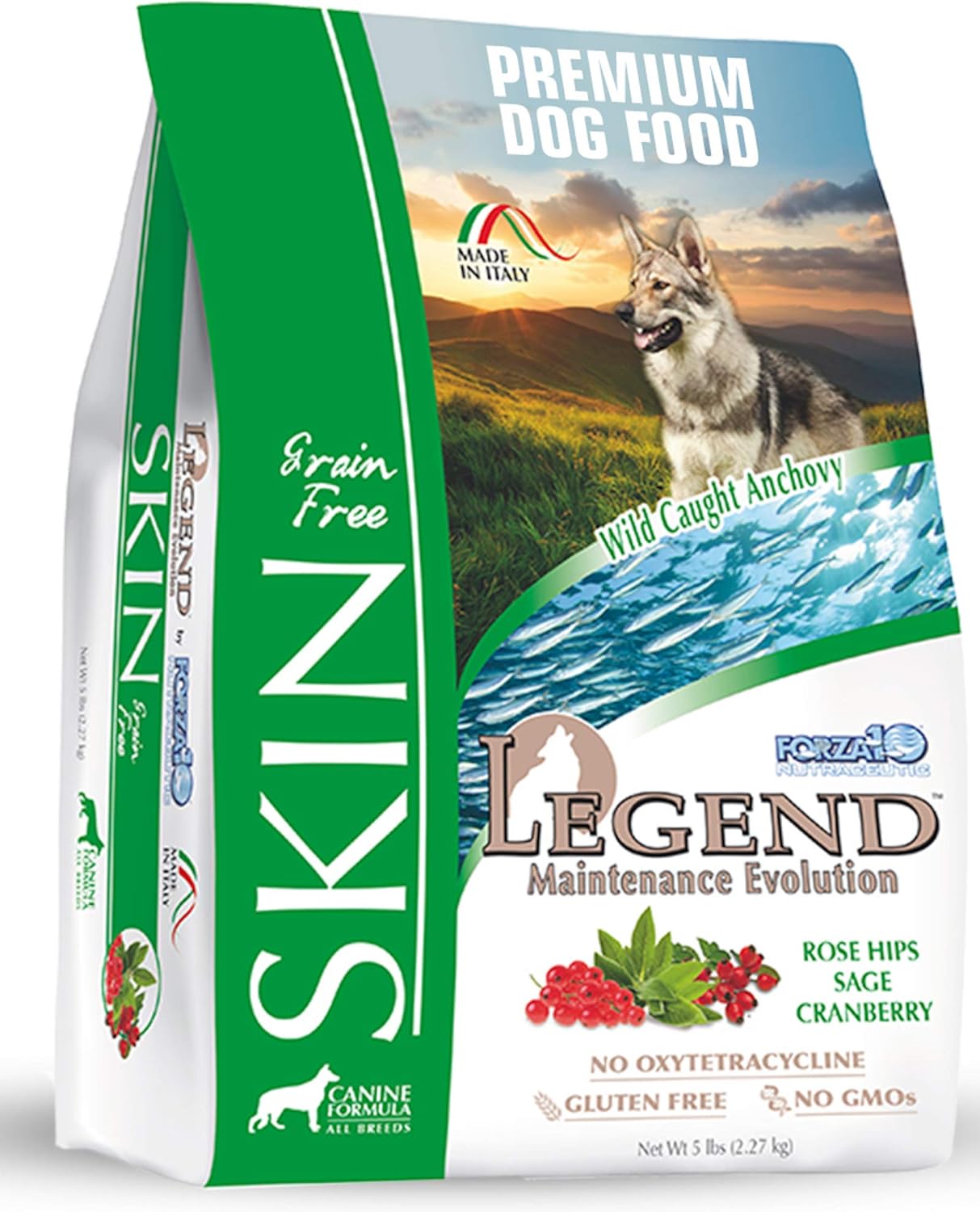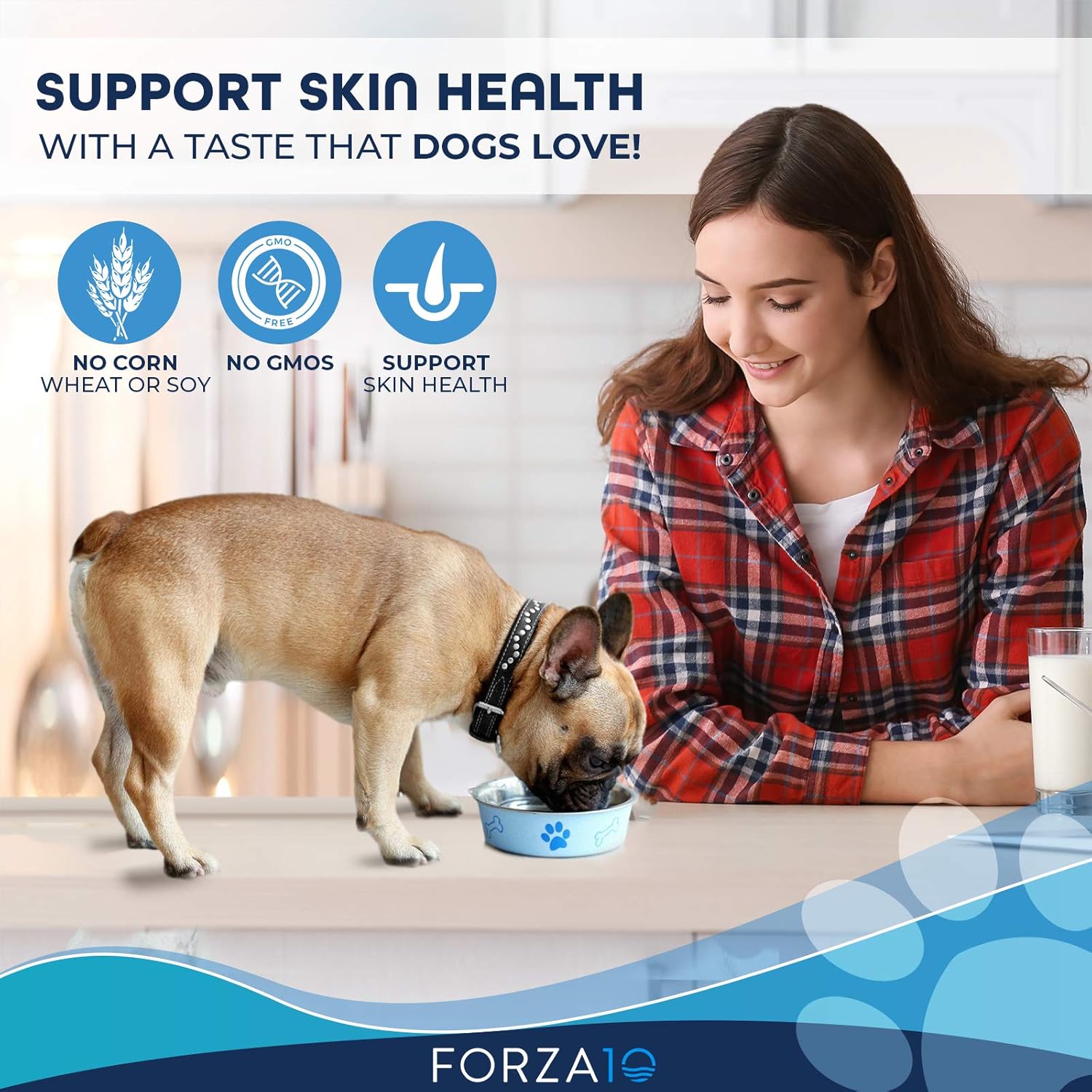




Dry Dog Food for Allergies and Itching: A Comprehensive Guide
Is your dog suffering from skin allergies, itching, or unpleasant odors? Choosing the right dog food can significantly improve your pet’s skin health and overall well-being. In this article, we will explore dry dog food for allergies and itching, focusing on the benefits of using premium, grain-free formulations.
Understanding Skin Allergies in Dogs
What Causes Skin Allergies in Dogs?
Skin allergies in dogs can arise from various factors, including environmental allergens (like pollen), food ingredients, parasites, and even molds. Symptoms often manifest as itching, redness, and inflammation, resulting in discomfort for your pet.
How Do I Recognize Allergies in My Dog?
Keep an eye out for signs such as:
- Red, inflamed skin
- Excessive scratching or licking
- Hair loss or bald patches
- Unpleasant skin odors
If you notice any of these symptoms, it’s essential to consult a veterinarian for a proper diagnosis and treatment plan.
Why Choose Dry Dog Food for Allergies?
Benefits of Dry Dog Food
Dry dog food offers several advantages over wet or canned varieties. It’s generally more cost-effective, easier to store, and can contribute to better dental health. When specifically formulated for allergies, dry dog food may help alleviate itching and other skin issues effectively.
Key Ingredients in Dry Dog Food for Skin Allergies
Nutritional Powerhouses for Healthy Skin
When selecting dry dog food for skin allergies, look for formulas that contain:
- Omega-3 and Omega-6 Fatty Acids: These essential fats support skin health and contribute to a shiny coat.
- Vitamin E: Acts as an antioxidant and helps maintain skin integrity.
- Therapeutic Plants and Fruit Extracts: These natural ingredients can enhance taste and provide additional health benefits.
Why Grain-Free Is Essential
Many dogs are sensitive to grains like corn, wheat, and soy. A grain-free dog food formula minimizes potential allergens and focuses on high-quality protein sources, like wild-caught fish.
Choosing the Best Dry Dog Food for Your Pet
What to Look For in Ingredients
When shopping for dry dog food for allergies, opt for:
- Quality Proteins: Select food that lists a high-quality protein source (like anchovies) as the primary ingredient.
- Limited Ingredients: The fewer ingredients, the better for dogs with food sensitivities.
- No Artificial Preservatives: Avoid dog food that contains GMOs, colors, or artificial flavors.
Consult Your Veterinarian
Before making any dietary changes, consult a veterinarian for personalized recommendations based on your dog’s specific needs.
Transitioning to New Dog Food
How to Switch Dog Foods Safely
To avoid gastrointestinal upset, transition your dog gradually over 7 to 10 days. Start with a mix of the old food and the new food, slowly increasing the new diet while decreasing the old one.
Expected Results from Using Hypoallergenic Dog Food
Fast Results for Skin Problems
Many pet owners notice improvements in their dog’s skin condition within just a few weeks of using a high-quality, hypoallergenic dry dog food. Regular monitoring will help you assess the effectiveness of the new diet.
Pros and Cons of Dry Dog Food for Allergies
Pros
- Easier to Digest: Formulated without common allergens
- Longer Shelf Life: Convenient storage
- Dental Health: Helps reduce plaque build-up
Cons
- May Not Suit All Dogs: Some pets may still react negatively
- Dehydration Risk: Dogs require adequate water intake
Conclusion
In summary, choosing the right dry dog food for allergies and itching is vital for your dog’s health and comfort. By focusing on high-quality, grain-free, and hypoallergenic formulations, you’re investing in your pet’s well-being. Always consult with your veterinarian before making changes to your dog’s diet to ensure the best outcomes.
FAQs About Dry Dog Food for Allergies
1. Can dry dog food alone cure skin allergies?
No, while it can help manage symptoms, it should be part of a comprehensive treatment plan from a veterinarian.
2. How do I know if my dog has food allergies?
Common indicators include itchy skin, redness, hair loss, and gastrointestinal issues. A vet can conduct tests to confirm allergies.
3. Is grain-free dog food better for all dogs?
Not necessarily. While grain-free diets can benefit sensitive dogs, some dogs thrive on traditional diets with grains.
4. How soon will I see improvements in my dog’s skin condition?
Many owners report improvements within 4 to 8 weeks of transitioning to a suitable diet.
5. Are there any side effects of switching dog food?
Some dogs may experience mild gastrointestinal upset during the transition. Gradual switching can minimize this risk.








